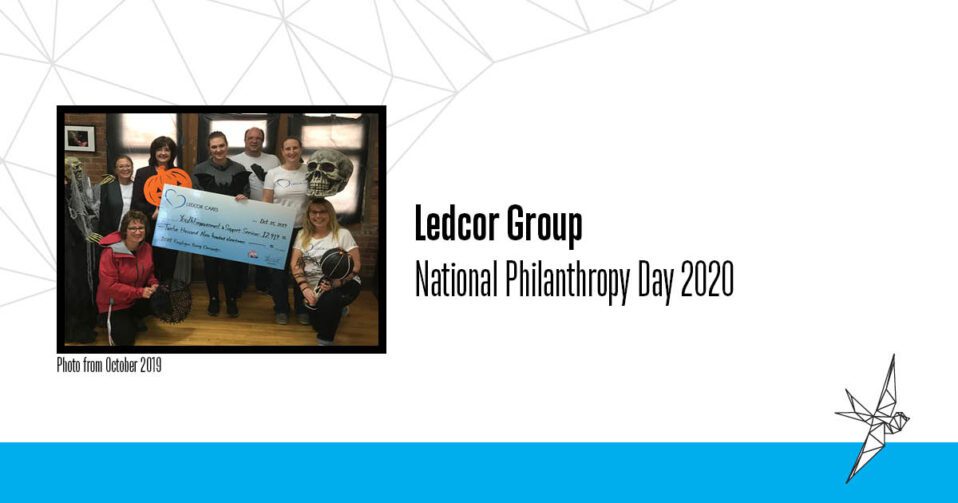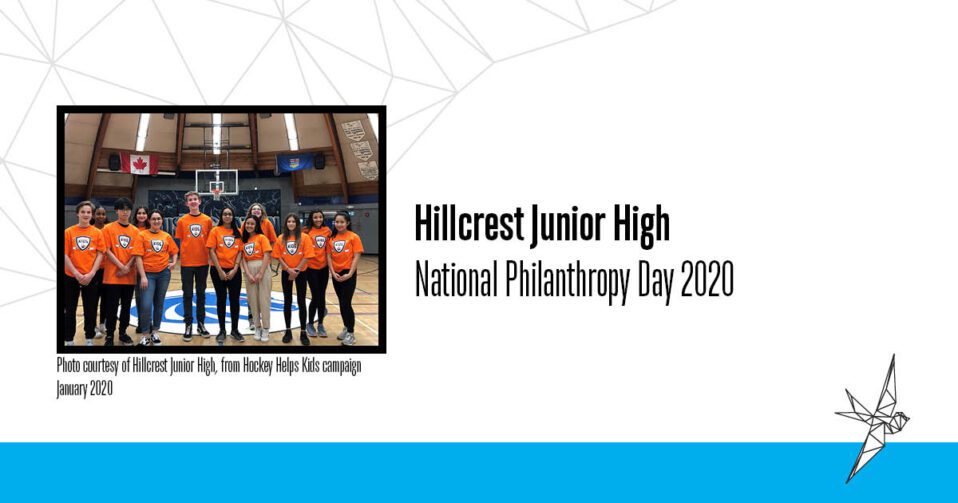Within YESS Programs is an incredible team we refer to as our navigators. As navigators, Natalie Morgan and Dupe Adedeji help connect youth and families to resources within YESS and our community. Get to know Natalie and Dupe and why they are so passionate about their work with youth!
Tell us a bit about yourselves!
Natalie Morgan: I have been in my role with YESS for almost four years, but I have been in the community service field for over 13 years, having worked under the umbrella of Homeward Trust with affiliated agencies such as Capital Region Housing, Bill Reese YMCA, and now YESS. My educational background is within radio broadcasting. I always tell people this field of work found me and I am happy it did.
I remained with the YMCA until I got pregnant with my son and took some years to be a stay-at-home mom until I decided to re-enter the social services field in 2017 with YESS. The rest is history!
Dupe Adedeji: I studied Psychology at the University of Guelph and graduated at the end of 2014. I moved to Edmonton in early 2015 when I became employed at YESS. It was my first professional work experience and I was excited to work in the human services field and apply some of my educational background to my job. I started my role as a resource centre staff and then became a client navigator until I left to work at another agency in 2017. I returned in 2019 when the position of a second client navigator opened up at YESS!
Describe the role of “navigator” and how this work is part of walking beside youth on their journeys towards healing and appropriate community integration.
NM: In this role, I speak with youth and parents/guardians about how YESS can support them all, whether it be shelter at the Nexus Overnight Shelter, group home placement, education, addiction and mental health referral supports, employment referral to our Youth Education and Employment Program, or family reunification.
DA: As a navigator, we support youth by empowering them to make the best decisions for themselves. We often walk alongside youth on their journeys from start to finish. This can be in the form of us providing resources in order for the youth to make the best-informed decision, calling or texting to check in on where they’re at with their goal plan, driving them to get identification, coaching them prior to speaking with a potential landlord, or supporting them by accompanying them to meetings that they’re anxious to have.
NM: This role as a navigator is very personal as we handle the ICM (Intensive Care Management) portion with the youth. In this role we walk alongside them through parts of their lives which can be triggering and painful to the youth, but we remind them of how strong they are and how far they have come on their own. We take no credit in how far a youth has come because it is their own endurance, motivation, and inner strength which allows them to reach their goal.
DA: As a majority of our youth don’t have dependable supports in their personal lives, we as navigators often fill in that gap and gradually step back as they become more confident in their journey towards independence and community integration.
NM: I say we are their coach and cheerleader all in one, cheering for them and reminding them to refocus when they get off course. I feel that knowing we won’t give up on them, even when they do, is a key component to walking along side our youth and integrating them back into the community.
What is one thing you wish the community knew about YESS youth?
DA: One thing I wish the community knew about YESS youth is that they can be very resilient. Despite major challenges faced by our youth specifically with homelessness, they are still able to find and access resources that would meet their needs. Some of our youth are homeless and sleep at the shelter, but still find ways to continue schooling because education is important to them, or still make it in to work and important meetings. I am glad to be able to support youth on their journeys to success despite the difficult realities they face.
NM: One thing I wish the community knew about our youth is how amazing they are as young people and how, for the most part, they are just like any typical teenager. They are trying to figure out who they are, what they want, what their purpose in life is. The only difference is they do it with no family, regular hugs, or positive words of affirmation. They are blindly navigating this crazy world and they are doing it wonderfully. I am proud of them every day.

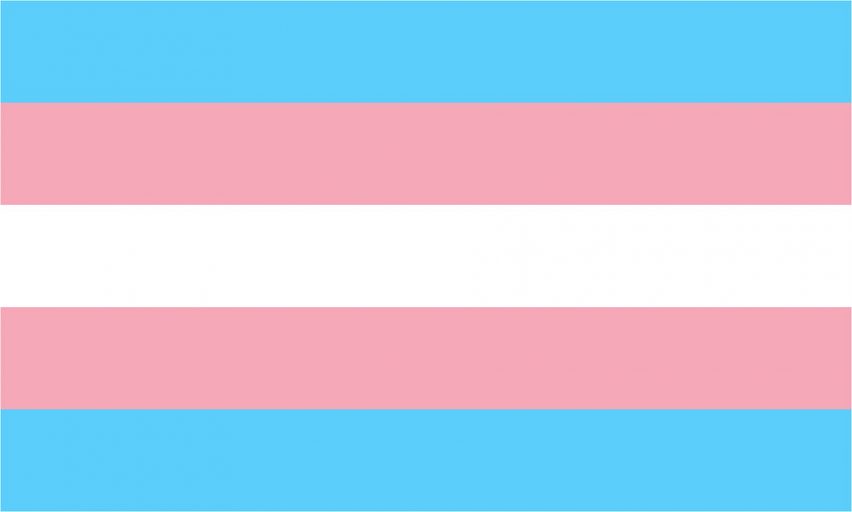
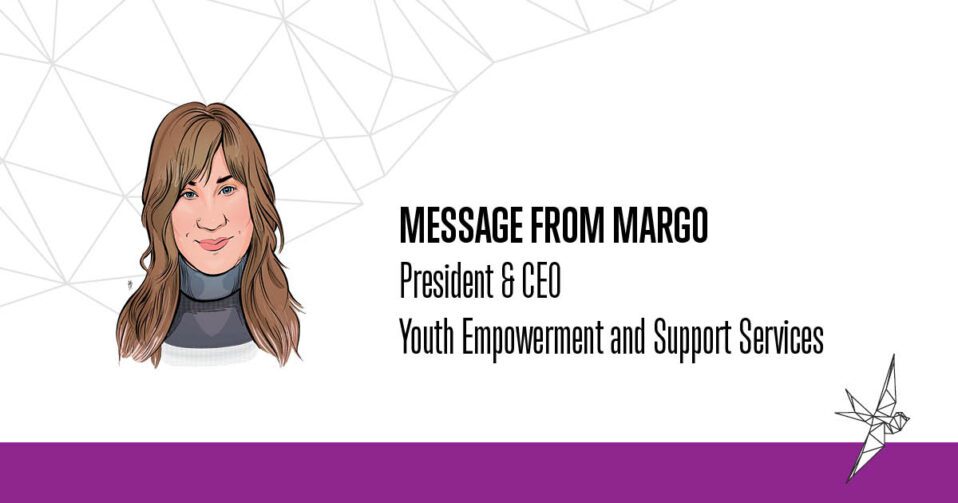

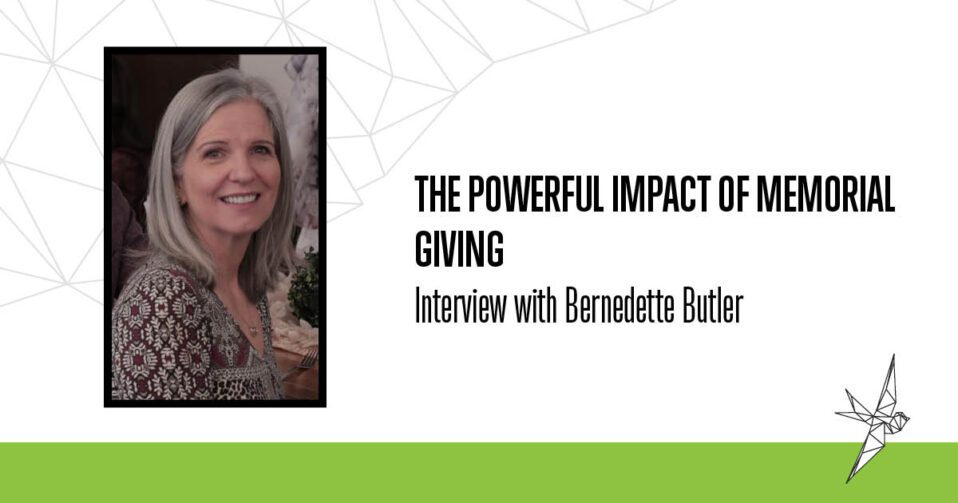

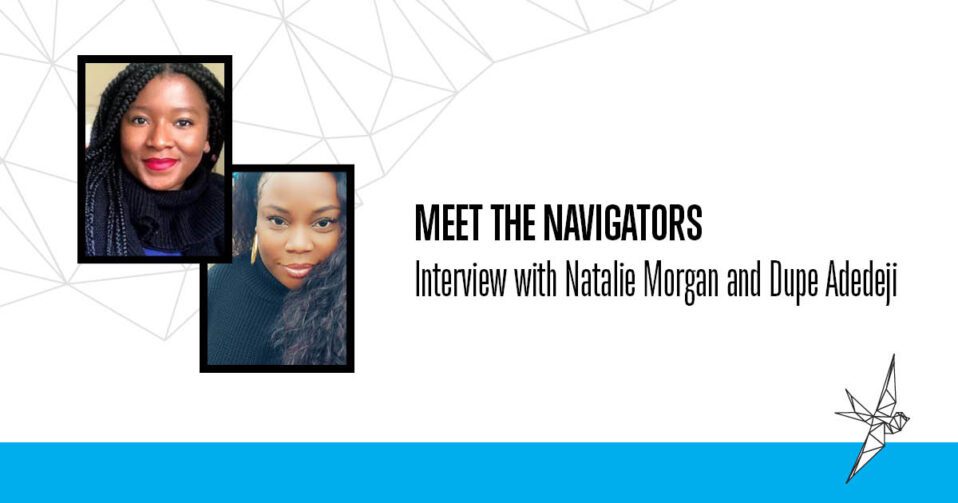
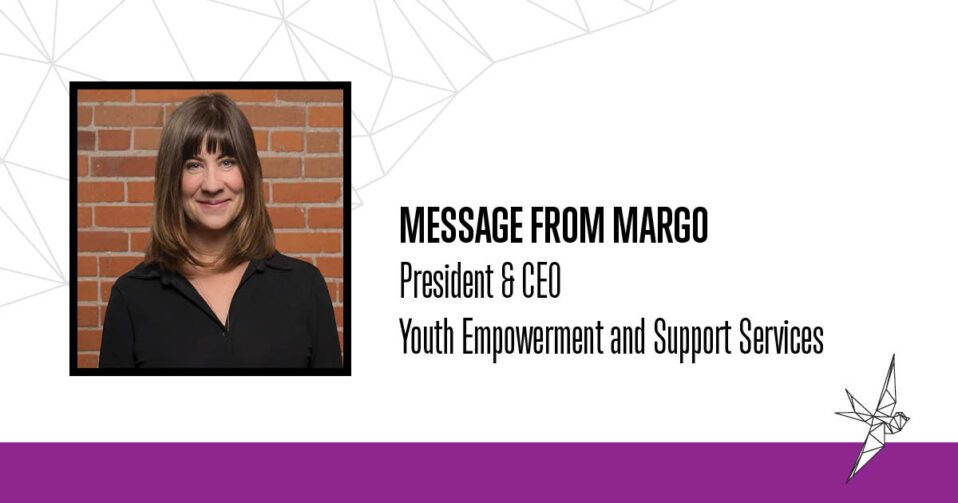
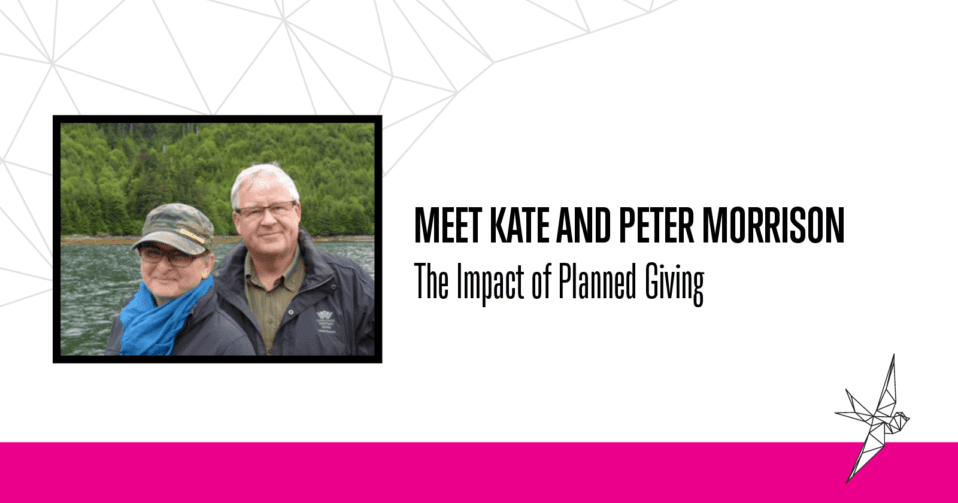
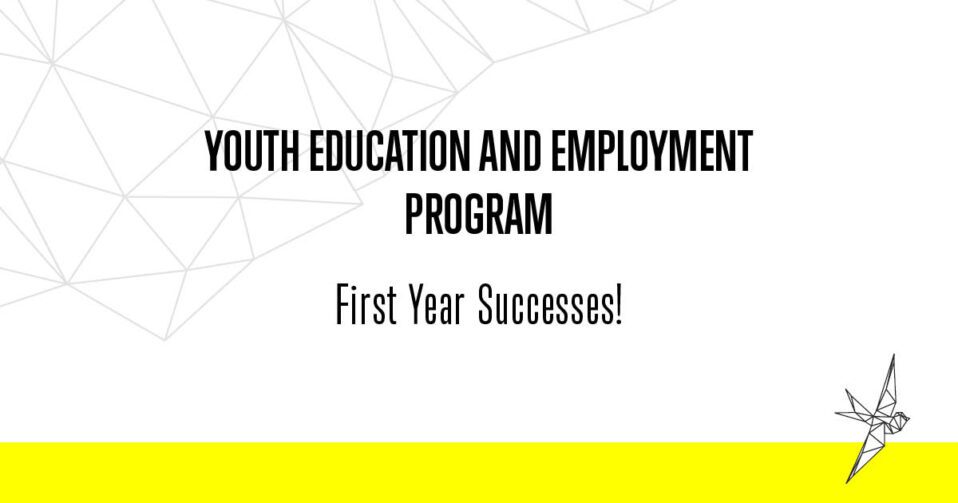
 We have
We have 